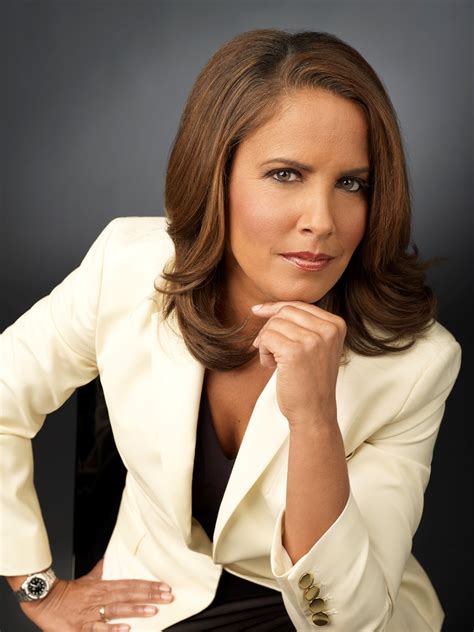A Quote by Andrea Jung
Avon is a unique place to work; we've got family-friendly policies. We have more senior women in high-level management than any other company; 46 percent of our officers are women.
Related Quotes
We have to enforce training that is more emphasized on de-escalation tactics and crisis management control. Once we do that, then we have to put measures in place to reward the officers who are the good officers, which is the majority of them. Then we have to hold accountable the officers that are not abiding by the policies and those laws.
When I got married and had a child and went to work, my day was all day, all night. You lose your sense of balance. That was in the late '60s, '70s, women went to work, they went crazy. They thought the workplace was much more exciting than the home. They thought the family could wait. And you know what? The family can't wait. And women have now found that out. It all has to do with women, or the homemaker leaving the home and realizing that where they've gone is not as fabulous, or as rewarding, or as self-fulfilling as the balance between the workplace and the home place.
As indicated by the increase in maternal mortality in 2010, right now it's more dangerous to give birth in California than in Kuwait or Bosnia. Amnesty International reports that women in [the United States] have a higher risk of dying due to pregnancy complications than women in forty-nine other countries (black women are almost four times as likely to die as white women). The United States spends more than any other country on maternal health care, yet our risk of dying or coming close to death during pregnancy or in childbirth remains unreasonably high.
More women are working because they have to, that's what it takes to put the food on the table and pay the rent. And yet we have not changed our policies to support the family. The right wing goes to the floor, and they did when they were in power, and talk about family values. Well, where are they? Family values is support for child care. Family values is equal pay for equal work so that women are paid appropriately.
In those same 10 years, women are getting more and more of the graduate degrees, more and more of the undergraduate degrees, and it's translating into more women in entry-level jobs, even more women in lower-level management. But there's absolutely been no progress at the top. You can't explain away 10 years. Ten years of no progress is no progress.
When I came to the CIA in the mid-'90s, our graduating class of case officers was unbelievably low. Now, after years of rebuilding, our training programs and putting our best efforts to recruit the most talented men and women, we are graduating more clandestine officers than at any time in the history of the Central Intelligence Agency.
Women are the majority of immigrants yet the minority of immigrant employment visas; immigrant and native born women who work in the service arena - such as domestic workers - are not valued for their work, making pennies on the dollar compared to male counterparts; and, women are disproportionately affected by family reunification policies.
The company was actually founded on creating earnings opportunities for women, even before it went into skincare, lipstick, and fragrance. The founding Avon principle, before women could vote and when basically only men were working, was to allow women to get out of their homes and to create an entrepreneurship opportunity for them.
There's no question that to some extent there are structural disadvantages built in, not just for women but for other minority groups who don't hold power at the executive level either at the company or in the industry. My position is not just "Oh, okay, anyone can overcome those." It's just as we work to get more women and people in minority groups at higher levels in positions of power, what are our options?

































